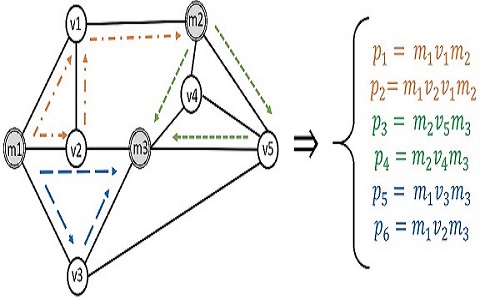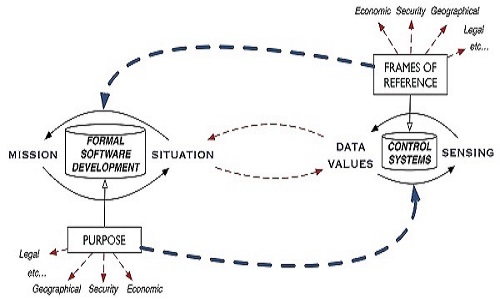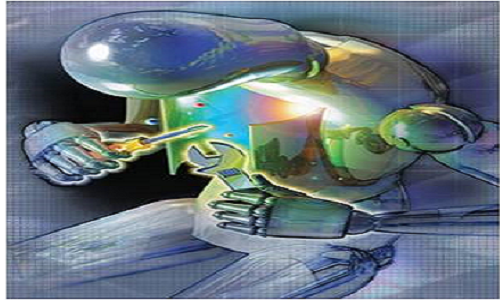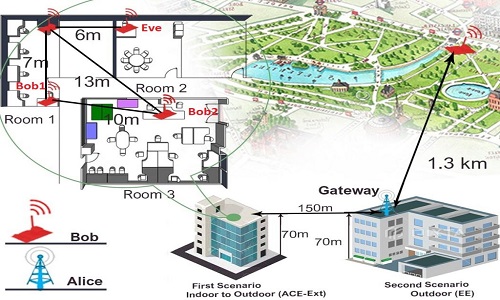Safe, Reliable and Robust Sensor Networks
Sensors are becoming ever more commonplace in all kinds of devices around us and in our everyday lives, sensors themselves and the environments in which they operate are very uncertain: we don’t have a unifying science to ensure that the systems and the information they provide is resilient, responsive, reliable and robust. This theme seeks to discover principles and techniques for the development and deployment of verifiable, reliable, safe sensor systems that operate in uncertain, multiple, and multi-scale environments. We ask the fundamental questions about how to design, deploy and reason about sensor-based systems. How can we keep such systems secure without overloading their already low resources? What are the techniques and tools, alongside simulations and physical sensor test beds to test for performance and resilience? And what constructs can we provide that go much further than best-effort to provide actual guarantees? This work also includes the study of self-adaptive (autonomics) and emergence in systems. Multi-tenancy sensor networks are shared sensing infrastructures that are potentially shared or owned by several stakeholders or which run several differing applications. This work examines the safety, privacy, security, and resource allocation challenges necessary for such systems. This work takes two viewpoints: practical systems optimisation to maximise resource usage and formal verification to ensure safety guarantees. This work has also included Context Aware Systems and Programming.







